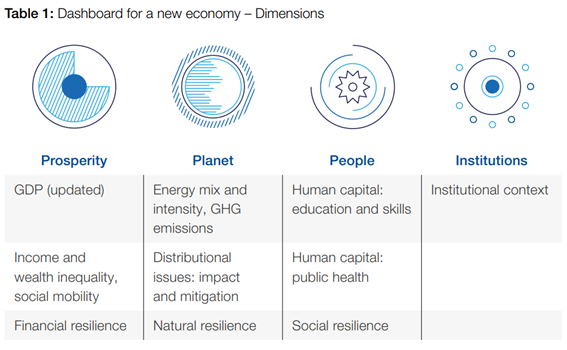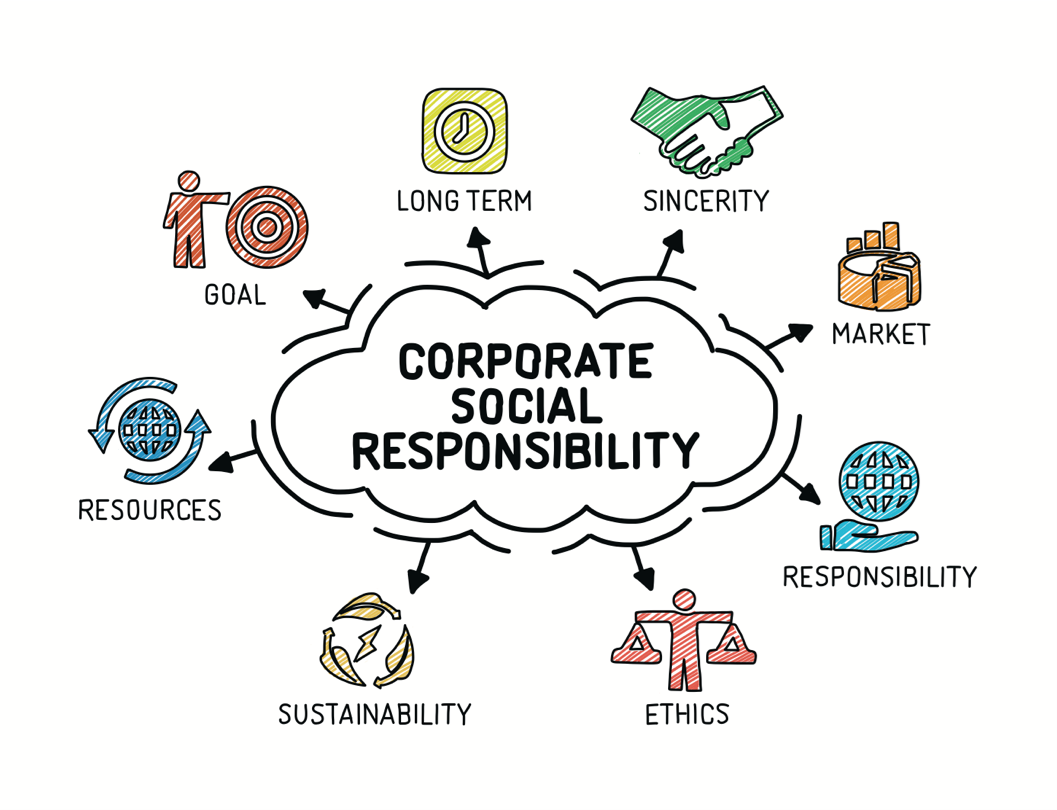Sustainability and Corporate Social Responsibility: the new commitment of organizations
Sustainability and Corporate Social Responsibility: the new commitment of organizations
Summary:
Sustainability and corporate social responsibility are increasingly relevant topics in the business world. Organizations are currently facing environmental, social and ethical challenges that require a committed and responsible approach. Perceiving emerging trends and their commitments, uniting people and businesses, is the way for companies to face the challenges of the future.

image: Powell Software
The Transition to the New Economy
In 2023, the transition to a circular and sustainable economy is at the forefront of organizations’ agendas. The simultaneous interruption caused by the pandemic, in almost every country in the world, has forced societies and organizations to pause and reflect on what really matters and is worth. Creating a business dynamic with a new spirit requires a broader definition of success, where people and business have to go together.
Under the aegis of the Great Reset initiative of the World Economic Forum, the Dashboard for a New Economy, which outlines an overall framework for macroeconomic targets beyond GDP growth – a dashboard for a new economy – was developed to serve as a starting point for debate and convergence of goals and approaches between governments and economic decision-makers around the world.
It is interesting to note that this proposal by the World Economic Forum (WEF), presented to governments for them to evolve in the way they currently measure a country’s wealth, could, with due differences, also be applied to organizations. Balancing people, planet, prosperity, institutions and recognizing their interconnections is the focus of the structure proposed by the WEF, which must be consistent with the UN Sustainable Development Goals and the ESG dimensions proposed by the International Business Council. This holistic view, necessary for the future of organizations, intends to balance “financial resilience” with other factors, such as “natural resilience” (planet), where CO2 emissions and the impact on the environment are important, adding to these two dimensions: institutions and “social resilience”.
Regarding the latter, it is important to identify human capital, education and the development of new skills as fundamental pillars for sustainable organizational growth.

Image: Dashboard for a New Economy – World Economic Forum
The importance of ESG (Environmental, Social and Governance) in companies
Transparency and sustainability in business practices is a current and growing need for consumers, employees and shareholders. Organizations are increasingly committed to environmental, social and corporate governance (ESG) issues, allowing stakeholders to assess the performance of companies in relation to sustainable and responsible goals. Environmental factors include issues related to climate change, use of renewable energy, greenhouse gas emissions, pollution, waste management, conservation of natural resources, among others. Social factors consider business ethics, management of relationships with stakeholders, diversity and inclusion, human rights, fair labor practices, health and safety at work, and other similar issues. Corporate governance encompasses aspects such as transparency, accountability, risk management, board independence, executive compensation, among others. Companies that are concerned with ESG tend to be more aware of their social and environmental impact, in addition to presenting better management and governance practices.
A good example of this new business strategy is the case of Uber, which committed to becoming a zero-emissions mobility platform by 2040. The case of Starbucks Middle East is a good example of how an already well-established brand can evolve into a sustainable transformation. With the aim of reducing carbon emissions and waste, the company has also increased its plant-based offering from the region and is moving towards reusable packaging and greener stores. Thus, it encourages its partners and customers to join its sustainability journey in 9,000 Starbucks stores in the region.

Image: The Giving Machine
The world has evolved quickly in recent years, as have the needs and demands of our customers, partners and employees. Caring for the sustainability of people, the planet and business is the current purpose of companies. Today, it is no longer enough to make a profit. It is fundamental to generate internal wealth, and also for the communities.




